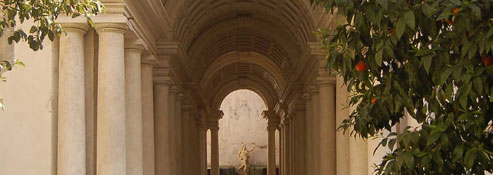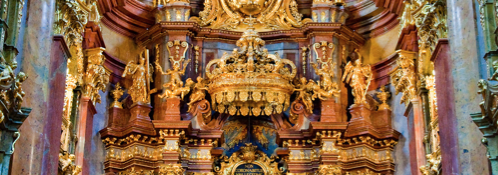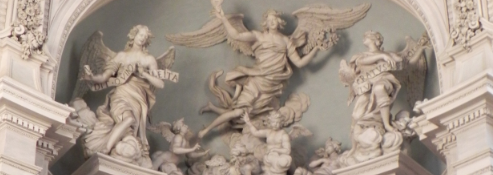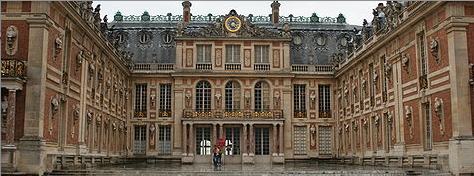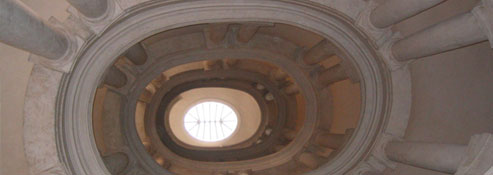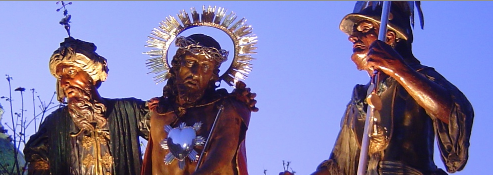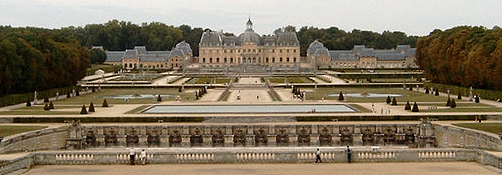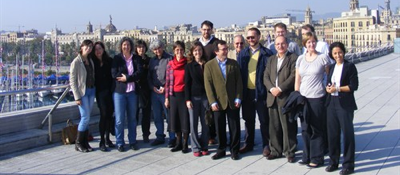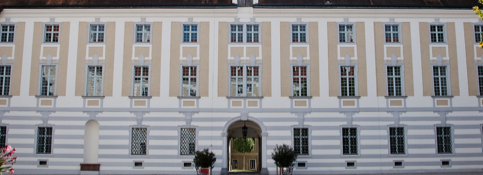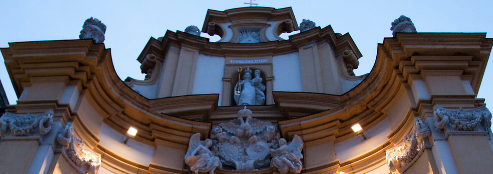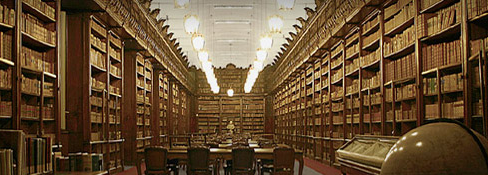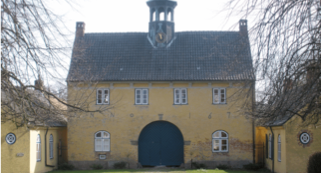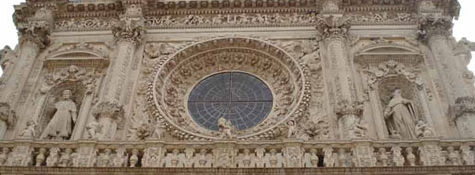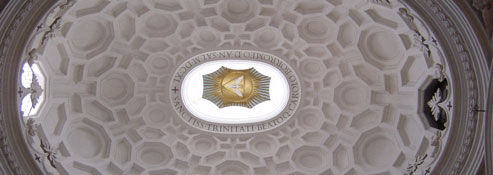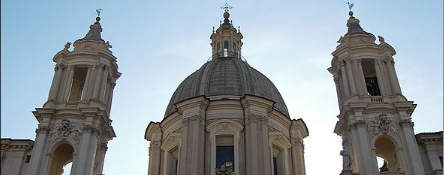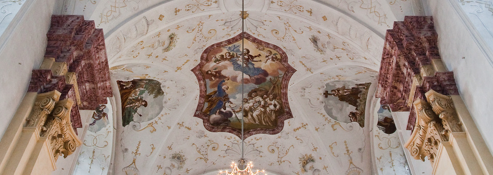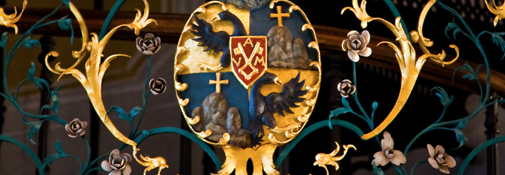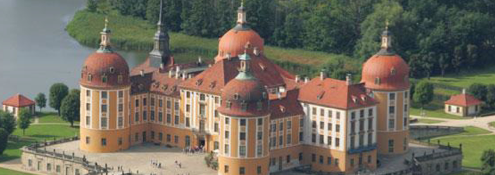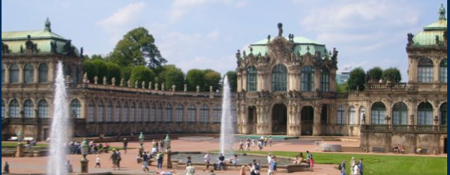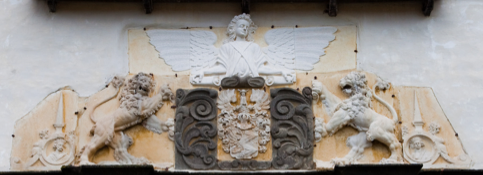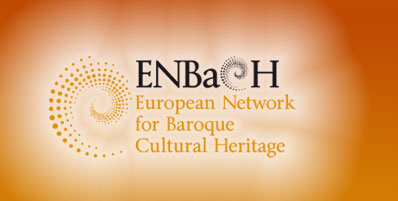ENBaCH will be developed in 3 steps:
1. Research and data collection.
The different local groups will survey the existing scientific literature in each disciplinary field. This survey will also include the numerous web sites dedicated to texts, images and documents of the early modern age. The different local groups will then process the best scientific results in the various disciplinary fields, that is they will digitally reproduce texts and images that will thus be available for the website and for circulating among the local units. The different groups will exploit their earlier activities, both in terms of expertises and of data collection. Scholars of the various disciplines participating in the different local groups, will also discuss the criteria for collecting unpublished sources. The next step will be to identify significant local and extra-local bodies of unpublished sources that are the most suited to fulfill the project's requirements. Archival and field surveys will be organized. Within each local group and in supra-local cooperation, scholars with different training (in art, literature, law, science, religion, social and political history) will exchange information and data in view of clarifying the complex relationships existing between these different disciplinary fields and restore their complexity to social phenomena.
2. Development of an integrated system of acquisition, exhibition, fruition and dissemination of a deeper historical consciousness of the European cultural heritage.
A mid-term wider-public workshop will be held in Warsaw in Spring 2011. The envisaged outcomes of phase 1 are:
1. A Historical Atlas of 17th-century sites (organizer: University Greifswald) will show the spreading of social phenomena through a sequence of historical maps. This action will rest on a firm theoretical foundation of processes of cultural transfers and hybridisation (Peter Burke, Wolfgang Schmale) that will enable a comparative perspective related to the other European regions scrutinized by ENBaCH. The Atlas will especially focus on the diffusion of Baroque culture (architecture, libraries, art, literature) across the Baltic Sea, considered as an outstanding example for the spreading of Baroque culture from the South and Southwest to the North Europe.
2. Exhibitions: a) The Viceroys of Naples - Under the Shadow of Vesuvius (organizer University of Barcelona): divided in 4 sections, the exhibit will gather artefacts coming from Italy and Spain concerning life-style of the Spanish Viceroys, in order to support by evidence the "double-source" (that is Italy and Spain) of the Spanish Baroque presence in 17th-century Europe. b) Baroque European Fantasies: Creating Exotic Space (organizer: University of Dresden): the exhibit shows the reconstruction of the personal library of Matthäus Daniel PÖPPELMANN (1662-1736), Dresden court architect and designer of the Zwinger, as an example of the ideal building forms of the time and the baroque architectural fantasies of the Saxon kings. c) Baroque Bodies (organizer University of Wien): The exhibition will focus on the perception of the human body in the 17th C. - deeply influenced by contemporary political events - by gathering texts, artifacts, instruments, paintings, sculptures and evidences of the "silent language" of every day life and "ordinary people" dealing with their body perception.
3. On-line tourist circuits: a) "Baroque" North Germany and the Southern Baltic Sea (organizer University of Greifswald): will offer the opportunity of highlighting the rich seventeenth-century heritage of the entire region. It will contribute to enhancing trans-national tourism, which is of great importance especially for the less industrialized regions such as Pomerania, Northern Poland and the Baltic States. At first, computer-animated virtual sightseeing-tours will be developed displaying not only former historical sites, but simultaneously offering an insight into the life of former times. In a second step, a real tourist circuit will be created around the Southern Baltic Sea region. A "Route of the Northern European Baroque" will be interlinked with the already existing tourist circuits and other circuits to be created by ENBaCH. A close cooperation with the local economy (hotels, travel-agencies, tourist-associations) will be implemented. b) The Iberian and Spanish-Italian compound (organizer University of Teramo): will create an on-line tourist circuit of Baroque sites in the Iberian and Spanish-Italian compound, with particular attention to the circulation of cultural patterns and to the mutual influences between the different territories. This on-line circuit (the «Route of Spanish-Italian Baroque») will connect with the already existing tourist circuits but will focus not only on the capitals cities (Madrid, Milan, Naples, Cagliari and Palermo) and their role as courts, political, administrative, economic and religious but also on the main centres of local development of the baroque culture. Especial attention will be paid to the tourist promotion of the sites where the mutual influence of artistic and cultural patterns from Spain to Spanish-Italian areas is more relevant and to all the interesting sites that are little or not at all known in the actual tourist circuits.
4. Radio programs (organizer University of Warsaw): a series of radio transmissions aimed at a wide public, prepared in collaboration with professional teams experienced in cultural radio programs, highlighting the image of Central Europe as an area tightly linked to Western Europe but in the same time specific and peripheral, a transitional zone between European West and East. These transmissions will consist of talks with experts or teams of experts in different fields and will be illustrated with music, poetry and drama fragments presented by professional artists.
5. A virtual kit for the young historian (organizer University of Rome La Sapienza): an educational tool to provide primary and secondary school students and teachers of materials to learn and teach Baroque history "in laboratory". Teaching/learning history in laboratory means to acquire skills for «reading» historical past, while discovering the «rules» of the historical game; that is to apprehend the language and the categories that the historian employs in making history, while replying them in laboratory with the teacher's help. We will offer an on-line repository of different sorts of archives - of visual art artefacts, written documents, images of objects, collections of historical dates and personages, contemporary books, etc. - where the user will be able of surfing, collecting and putting together the items best suited for his/her research.
Step 2 will end with the Conference to be held in Wien (2012).
3: Creating a European Institute for Baroque Cultural Heritage.
The Institute is intended to become a permanent organization economically independent, that applies to be a European landmark for all the initiatives concerning the Baroque age and an agency for coordinating and developing actions of research, dissemination and protection of the Baroque cultural heritage.
Step 3 - and ENBaCH project - will end with a conference to be held in Rome (2013).



